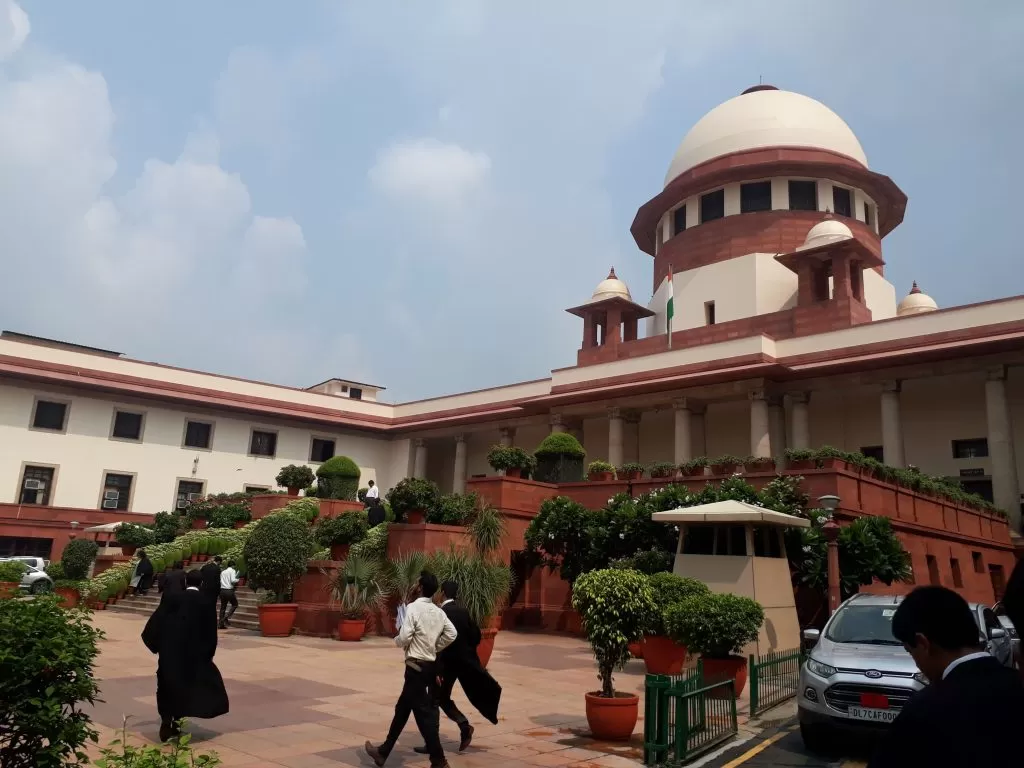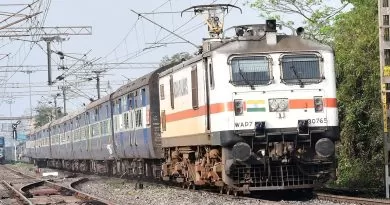Why Supreme Court overturned Chandigarh mayoral poll result and declared AAP candidate the winner

The Supreme Court on Tuesday overturned the results of the Chandigarh mayoral polls, determining the AAP-Congress candidate as the rightful winner instead of the initially declared BJP candidate.
The court found that the presiding officer intentionally defaced eight votes, originally cast for the alliance candidate, with the purpose of invalidating them.
Find below a low-down on how the drama unfolded in the mayoral polls of Chandigarh.
Chandigarh mayoral poll details:
— BJP initially won on January 30.
— Manoj Sonkar secured mayor’s post with 16 votes against rival’s 12.
— Sonkar later resigned.
— Three AAP councillors switched allegiance to the BJP.
Vote tampering allegations:
— Allegations of intentional defacement of eight votes to favour BJP candidate.
Supreme Court decision:
— Supreme Court deems these ‘defaced’ votes as valid during the hearing.
— Overturned Chandigarh mayoral poll results.
— Declared AAP-Congress candidate Kuldeep Kumar winner instead of initially declared BJP candidate.
Article 142 invocation:
— Court invokes plenary power under Article 142 of the Constitution for “complete justice.”
— Returning officer’s announced result found in violation of the law.
Prosecution of returning officer:
— Supreme Court orders prosecution of Anil Masih, a BJP leader, for “misdemeanour.”
— Serious faults identified in the conduct of the January 30 election.
Limited intervention:
— Court clarifies not quashing entire electoral exercise.
— Focused on addressing wrongdoings in the counting process.
Judicial duty emphasised:
— The Bench, including Chief Justice DY Chandrachud and justices JB Pardiwala and Manoj Misra, stresses duty to prevent subterfuge.
— Court must intervene in exceptional situations to preserve the basic mandate of electoral democracy.
What is Article 142:
— Article 142(1) of the Constitution grants Supreme Court extraordinary authority for “complete justice” in situations lacking adequate remedies.



